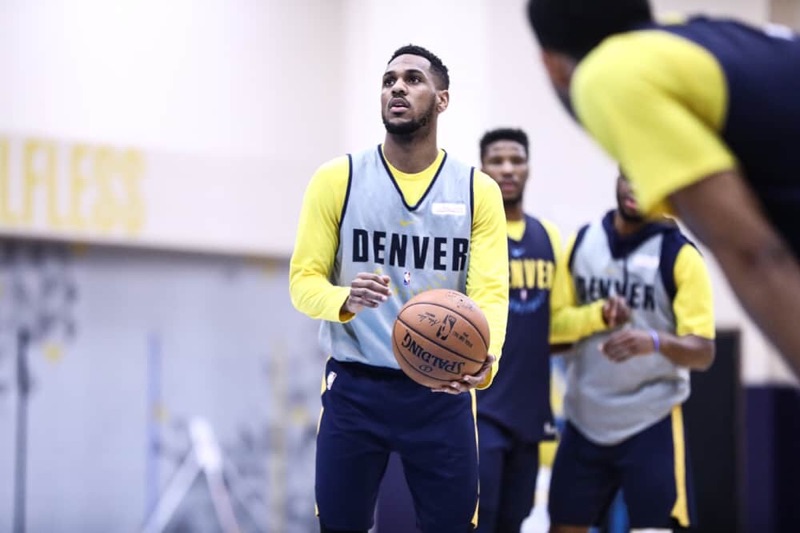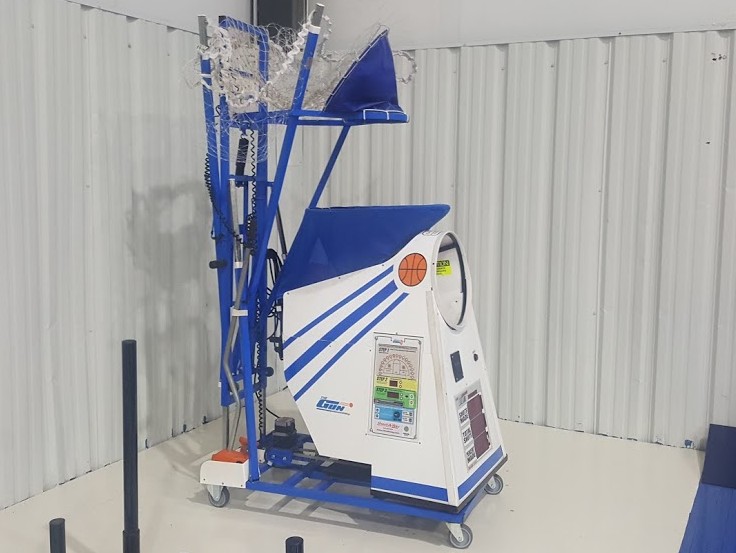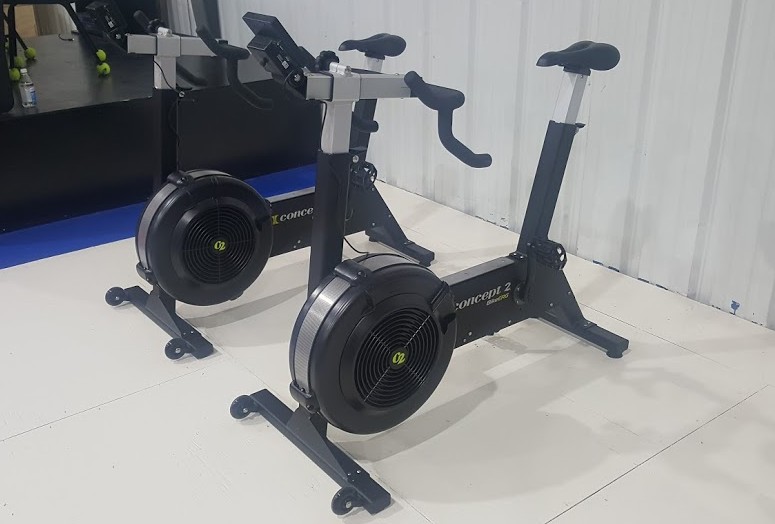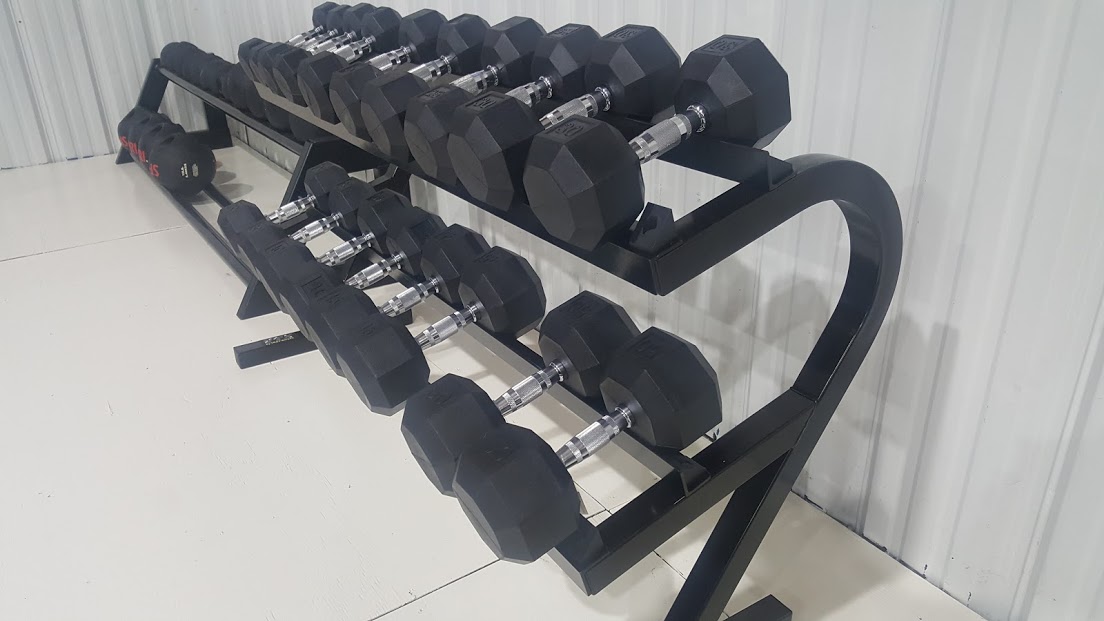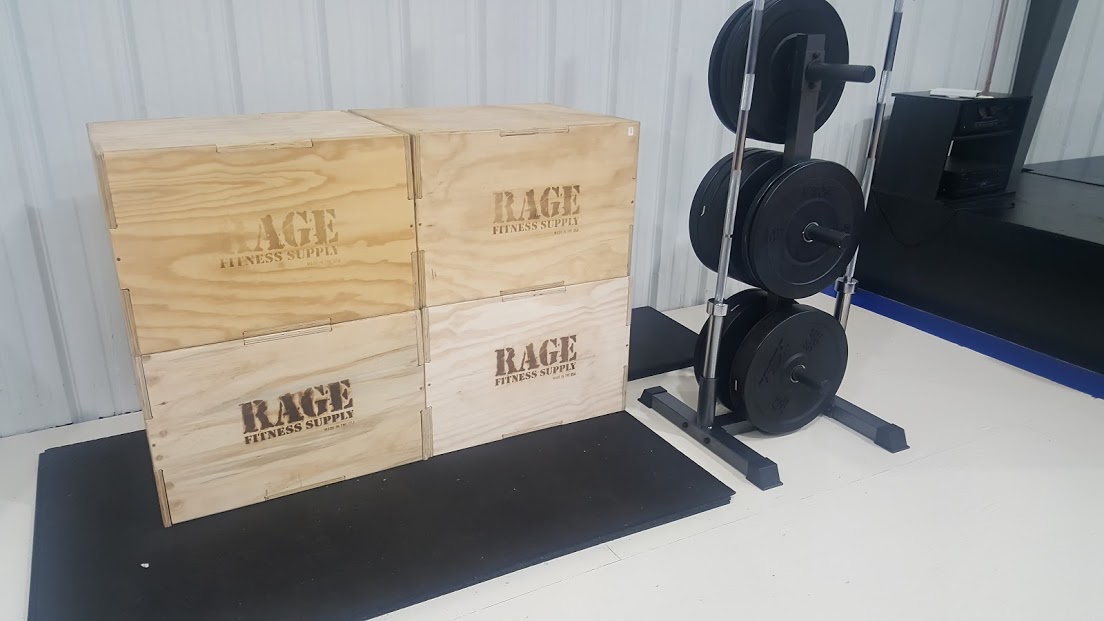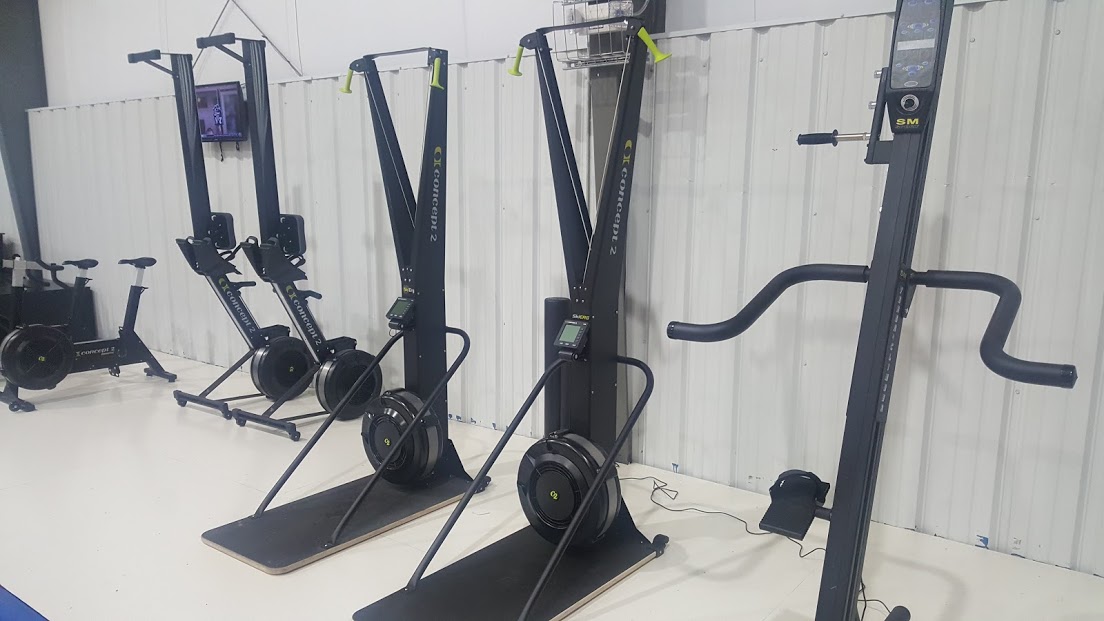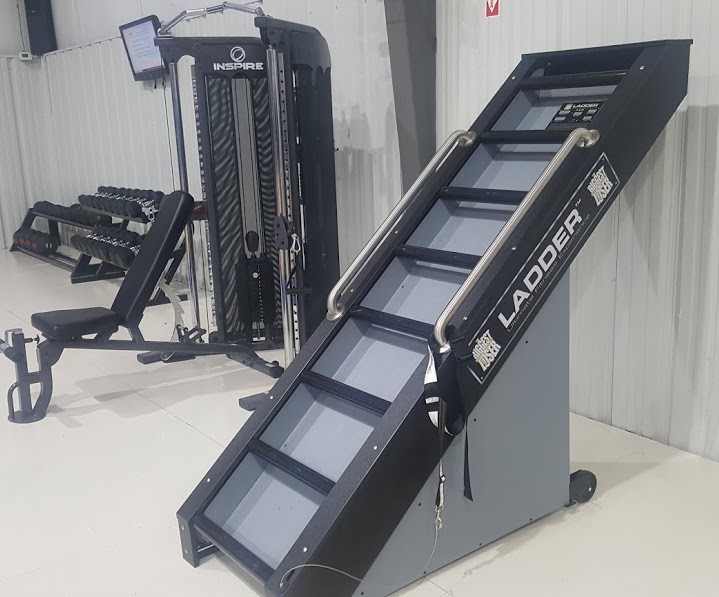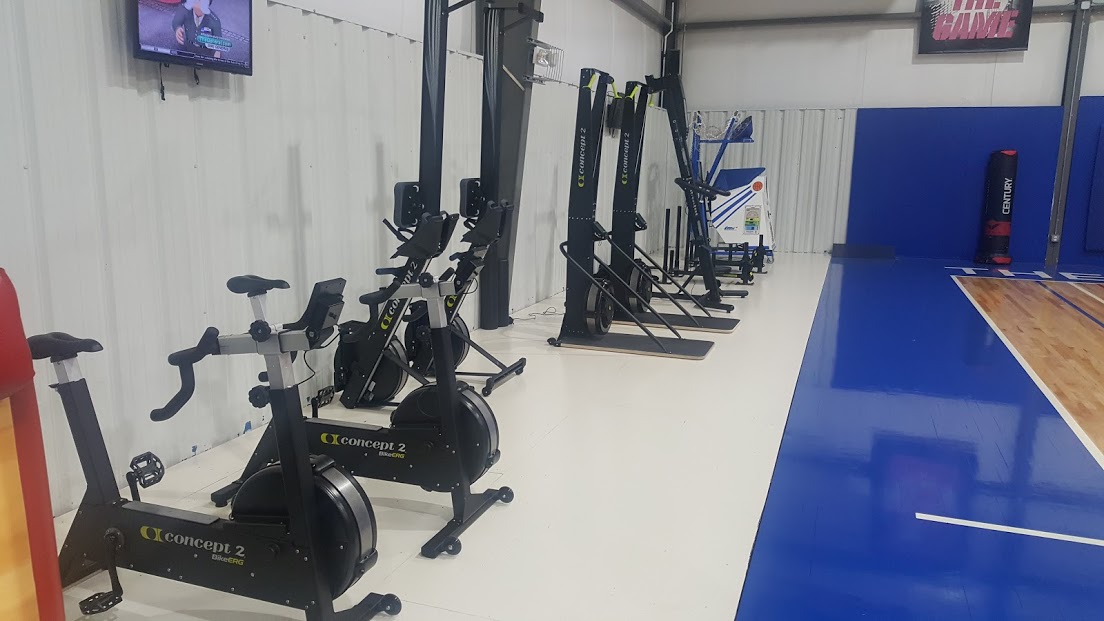As you safely celebrate Independence Day, we thought we would bring you some highlights from Team USA.
The world may slowly be catching up, but USA basketball has been the undisputed kings of the worldwide basketball scene. From the Dream Team to LeBron James and Kobe Bryant teaming up, there have been a lot of fun moments.
The Dream Team got its name for a reason. To assemble Magic Johnson, Larry Bird, Michael Jordan, Stockton & Malone, and the rest was a dream come true. Here are a few of their highlights from the '92 trip to Barcelona where they took home the gold:
They may not have gotten a cool nickname, but the 2012 team that took gold in London was pretty solid also. LeBron, Kobe, Melo, Westbrook, Harden, Durant, Paul, Love, a young Anthony Davis... gimme a break.
Here are a few of their highlights:
There are of course many other Men's Team USA players worth mentioning. We know however that you have family and fireworks to get to, so we'll leave you with this.
Men's USA basketball is certainly not the only dominant basketball team repping the United States on the global level. Below are highlights from the 2016 women's national team that took gold under Maya Moore, Britney Griner, Elena Della Donne, Tamika Catchings, Sue Bird, Diana Taurasi, and more.
The next Olympic Summer games aren't until 2020. We will have some FIBA championships in the meantime as well as Olympic training camps.
We at The Basketball Movement hope that you have a safe and fun Fouth of July with loved ones. Take a day off if you have to, but remember to get some shots up tomorrow! USA! USA! USA!






